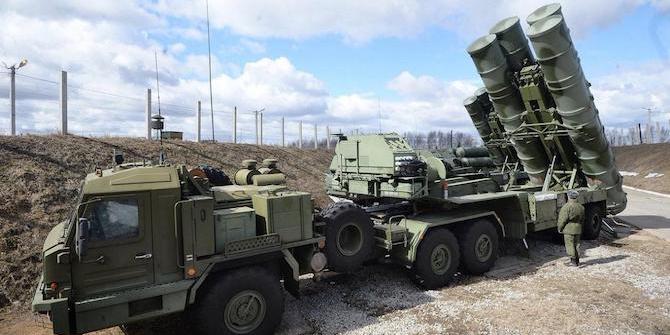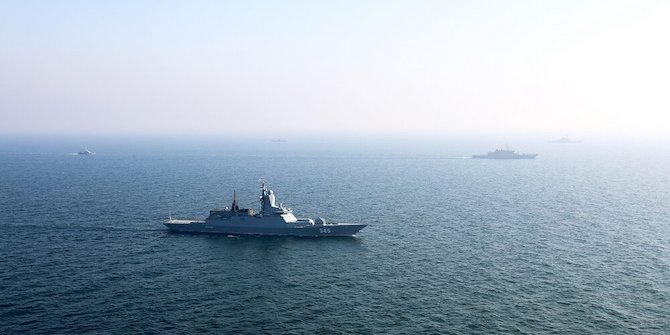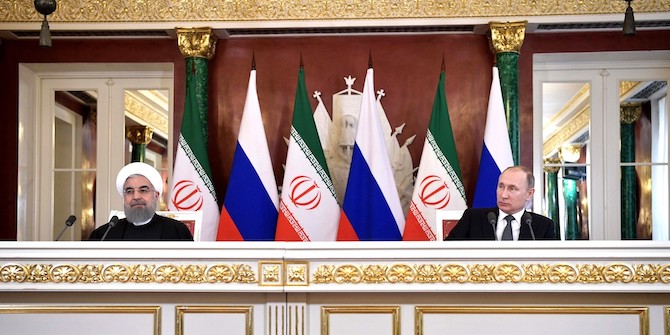by Youssef Cherif

By the summer of 2015, Tunisia had witnessed two spectacular terrorist attacks within three months. The events were shocking not only because of their brutality, but also due to the image that people, locally and abroad, had of Tunisia: a secular, modern, and (by 2015) democratic state. Most analysts were blaming democracy, the 2012–13 ruling democratically-elected coalition, or the collapsing economy, itself seen as a side effect of democracy. The idea behind my 2015 article (‘The 3000: Why are thousands of Tunisians flocking to Daesh?’) was, therefore, to bring a historical background and a different explanation about an issue that had become, by then, indicative of Tunisia’s crisis.
The phenomenon of violent extremism was not new: from the 1980s on, nationals from Tunisia did join the multiple jihadist theatres in Afghanistan, Somalia, Iraq, and so forth. In Tunisia itself, limited but occasionally large scale attacks occurred between the late 1980s and 2015, most notably the border attack in Tozeur in 1995 that resulted in the death of 6 Tunisian security force personnel; the Djerba Synagogue bombing of 2002, which left 19 dead and dozens injured, mostly tourists; and the Soliman shootings of 2007, involving around 30 militants in a battle that lasted two weeks (14 killed, including 2 security forces, 14 arrested).
In 2011, Tunisia shifted from being one of the most closed police states in the world to the sole Arab democracy. But along with the burgeoning political groups that were debating the future of the res publica, there emerged other elements whose goal was to radically transform the political system, and whose means were not elections and referenda, but knives and grenades. The first terrorist attack following the fall of dictator Zine el-Abidine Ben Ali occurred in May 2011. Subsequent attacks specifically targeted security and military forces. They were the work of a new generation of jihadists who were indoctrinated far from the battlefields of Afghanistan or Iraq; most had never left Tunisia before the Arab Spring.
Many Tunisians, apolitical during dictatorship, largely unaware of the existence of home-grown extremism before the 2011 events, put the blame on democracy. Old regime apparatchiks, including officers from the Ministry of Interior, who lost their influence after Ben Ali’s fall, disseminated the same message. Non-Tunisians were also surprised. For many new observers of Tunisia – largely overlooked before 2011 – terrorism did not fit with the image they had about the country. That image, of a secular and Westernised state, was partly the result of decades of official Tunisian propaganda, partly because some Westerners wanted to imagine Tunisia according to their own preconceptions, not the reality.
Therefore, in 2015, the perception about Tunisia and its democratic transition was negative. Local and foreign enthusiasts for democracy and revolution lost their vigour. This was not something specific to Tunisia: the Arab Spring became an Arab Winter for many observers, following the spread of terrorism throughout the region and in Europe, the millions of migrants who crossed the Mediterranean, and the spread of civil wars and authoritarian repression in the MENA region. Tunisia, as the ‘beacon of hope’ of the Arab world, had a special place in the discussion.
The debate inside Tunisia was not about economic development or political reform anymore; it was rather about how to counter violent extremism. Foreign scholars, journalists and diplomats whom I met during that period were less interested in Tunisia’s democratic transition, and more on how to protect their countries’ national interests from Tunisian extremists. The mood was close to the ‘stability vs. liberty’ of the Ben Ali era. The idea that ‘it was better before’ was gaining momentum, be it within Tunisia’s intellectual and business elite, or among the country’s foreign partners and observers.
‘The 3000’ was accordingly an attempt to explain that the problems of 2015 preceded the revolution. These problems could in part be blamed on the authoritarian policies of the postcolonial state, which could not integrate those who felt marginalised in society and for whom Tunisian national identity meant nothing. The article, however, would have benefited from surveys and more semi-structured interviews, which I did not do. In the last five years, research on the topic of violent extremism in Tunisia has grown considerably, most recently with Aaron Zelin’s book on Tunisian jihadism. But the identity issue remains largely ignored. Most publications explored questions of religious vacuum, historical grievances, economic struggles and so on, but not the identity vacuum. Is it irrelevant? Perhaps, perhaps not. I hope the article contributed to the discussion and clarified a few points.
The country has moved past the peak of attacks, and the number of those suspected of belonging to the Islamic State or al-Qaeda has shrunk. But five years on, the issue of terrorism has not been elucidated. Two suicide bombers blew themselves up in front of the US Embassy in Tunis in March 2020, killing one policeman and injuring others, and in September 2020 a car rammed into a national guard patrol in Sousse, Tunisia’s second city (killing one policeman and injuring another; the three attackers were also killed). Even if the movement seems regressing globally, the ideology persists, and new forms will emerge sooner or later, as long as people feel marginalised and unable – or unwilling – to express themselves differently.
This is part of a series revisiting the Centre’s most popular blogs of the past decade, celebrating our tenth anniversary and asking the authors to return to their pieces and offer some updates. Read the introduction here, and see the other pieces below.
In this series:
- Introduction by Jack McGinn
- The 3000, Five Years Later: The Tunisians Who Joined Daesh by Youssef Cherif
- The Way Forward for Syrian Survivors of Sexual Violence by Marie Forestier
- Dishdasha Blues: Navigating Multiple Lived Experiences in the Gulf by Rana AlMutawa
- Sectarianism to Nationalism Reconsidered by Raad Alkadiri
- Caught in the Gulf Rivalry: Yemen’s Al Mahra Avoids the War Despite ‘Collateral Militarisation’ by Eleonora Ardemagni
- The Future of the Syrian Democratic Forces: One Year after the Liberation of Baghouz and the Turkish Invasion by Wladimir van Wilgenburg
- Biden’s Impending Billions to Palestine by Alaa Tartir
- Ruling Family Solidarity at the Expense of Bahrain’s Unity by Ali Al-Aswad
- Peacebuilding Without Protection? Yemeni Women’s Barriers to Peace by Rasha Jarhum






